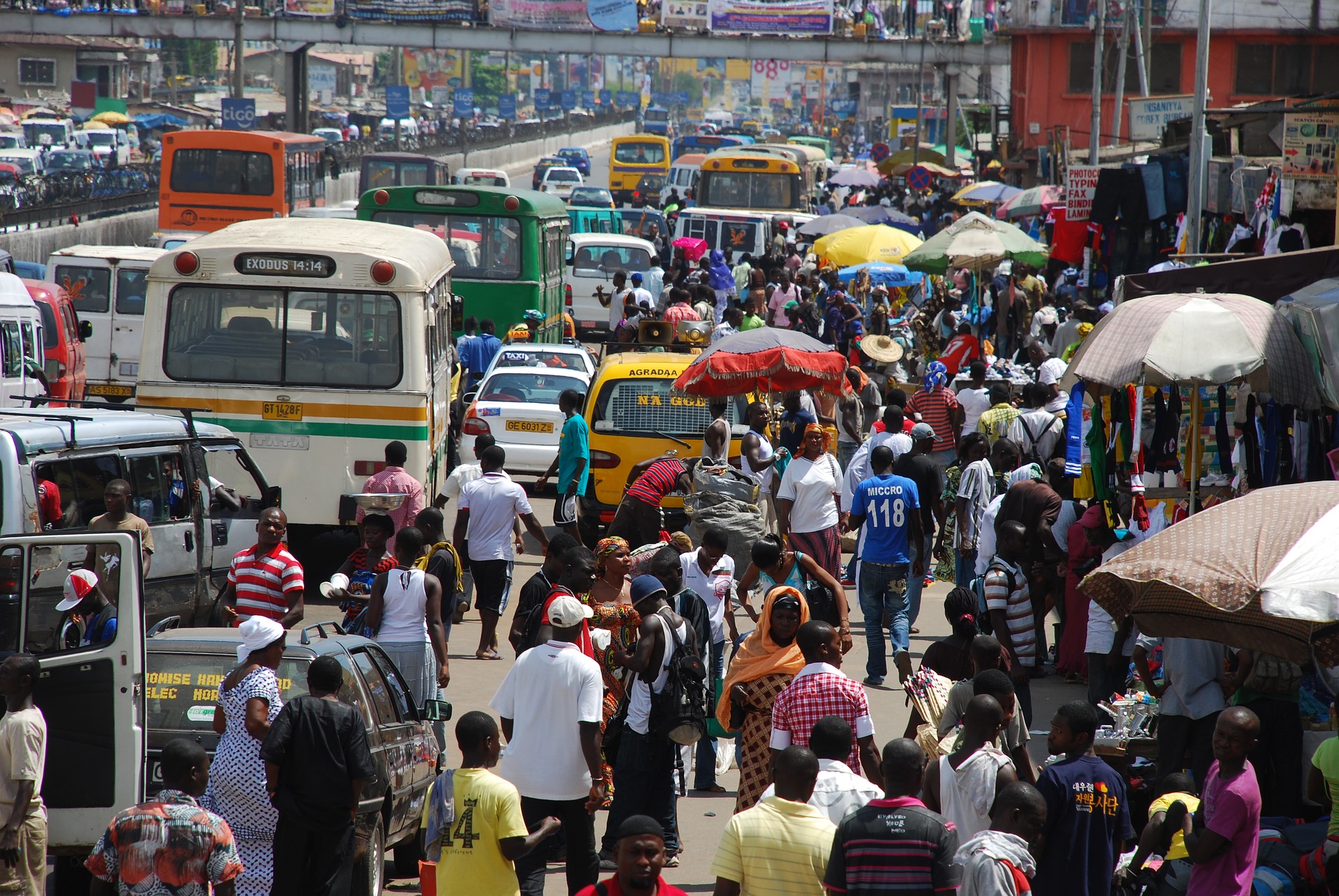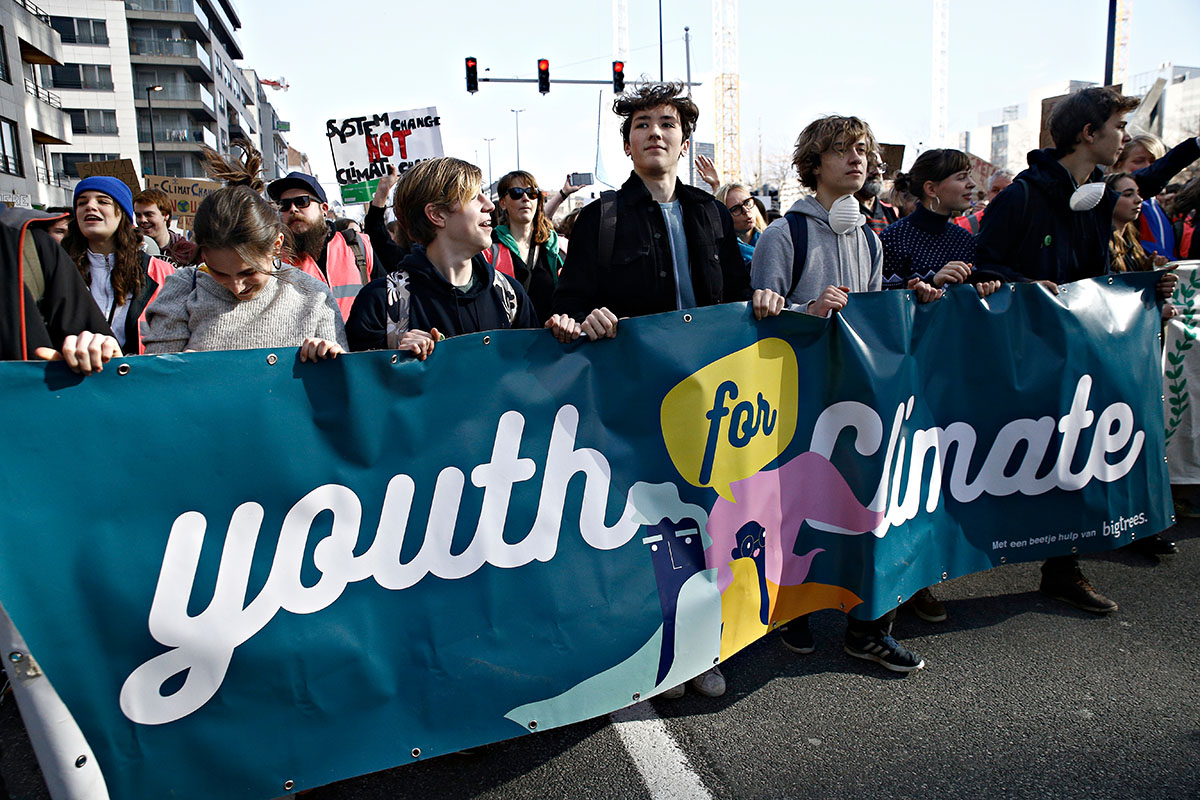The pandemic is not the only threat to the human race
August 17
COVID-19, heart disease, stroke and lower respiratory diseases are responsible for high numbers of death globally but Erisa Sserwadda, a 25-year-old Commonwealth Correspondent from Uganda argues that diseases aren’t all that we need to be concerned about as the increase in the world’s population is threatening the survival of the human race.
There is no doubt that the COVID-19 pandemic is the most significant threat to humanity since the second world war. It has already altered the lives of the over 7.7 billion people inhabiting the earth today, and the urgency with which we are battling this pandemic seems to have shifted our attention from other threats to human existence. One such ticking time bomb is the disastrous rising population and its catastrophic consequences upon the planet’s natural and artificial resources.
Paul Ehrlich’s The Population Bomb, Thomas Malthus’s An Essay on the Principle of Population, and Donella Meadows’s The Limits to Growth have all highlighted the world’s burgeoning human population and its disastrous consequences to the earth and those inhabiting it.
Among the countries with the most people, chronologically are : China leading with 1.39 billion people, followed by India with 1.33 billion, the United States with 332 million people, Indonesia with 275 million and Pakistan with 238 million people.
While today some see the world’s rising population as a blessing both for the developed and developing world arguing that it stimulates economic growth and well-being, this is not the case.
The world’s most populated nations have the highest levels of carbon emissions, the number one cause of global warming and climate change, which are threatening the planet and human life.
Modernisation processes are undertaken in these countries and the world over, all in the name of economic growth and development. This can be traced back to the industrial revolution which launched the exploitation of human labour and the burning fossil fuels that have led to the tragic destruction of planetary life. From the creation of countless economic recessions, vast global health, education, and income inequalities, to resource depletion; the explosion of the human population and modernisation are having dreadful repercussions.
The majority of the world’s population continues to live in poverty as the few rich people appropriate the world’s resources. In fact, during this COVID-19 pandemic, we have witnessed the worst of this scenario;the rich have grown richer and the poor have grown poorer as a recent report of Oxfam International, a UK-based charity confirms.
Therefore, this article calls us to critically rethink issues of ecological and social justice and to recognize that they are directly connected to the rising world population. The COVID-19 pandemic is undoubtedly threatening our lives, however, let us not forget that it is our own uncontrolled human population growth that threatens the primary environmental and social systems that support human existence.
It is crucial to continue our collective efforts in fighting the COVID-19 pandemic that is claiming our lives today, but it is equally vital to rethink our rising population trends.
Traditional population control measures may not be effective at the moment but we can strengthen our national and international systems to effectively improve access to essential goods and services for marginalised persons. We can also sharply cut our production and consumption patterns especially among developed nations and resort to more earth friendly and societal friendly technologies to help us balance rising population with planetary limits.
……………………………………………………………………………………………………………………………………………………………………………………
Photo Credit: Pixabay
……………………………………………………………………………………………………………………………………………………………………………………
About Erisa Sserwadda: He is a graduate student pursuing a masters degree in Governance and Public Policy in Germany. He aspires to challenge young people in Uganda and Africa at large to directly or indirectly engage in programmes that are of value to society. He is a global activist on human rights issues and has a passion for writing. He has authored several scholarly articles and papers on different topics with various media and publication houses. Twitter @elishameds






